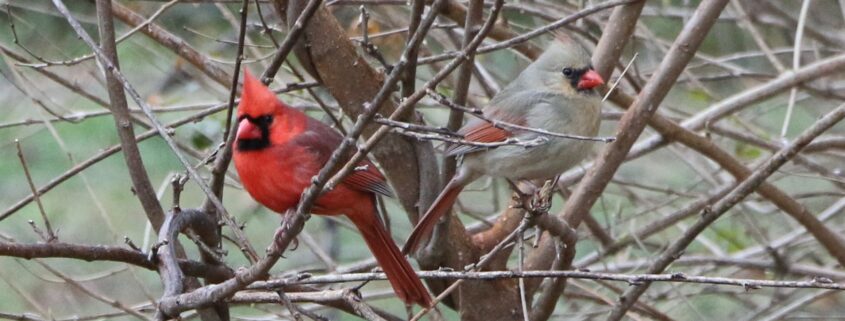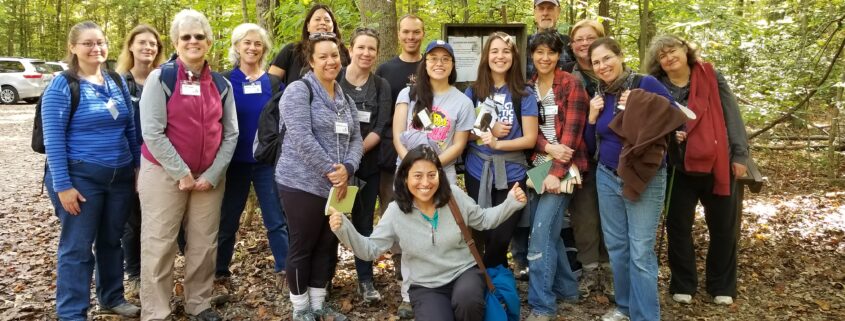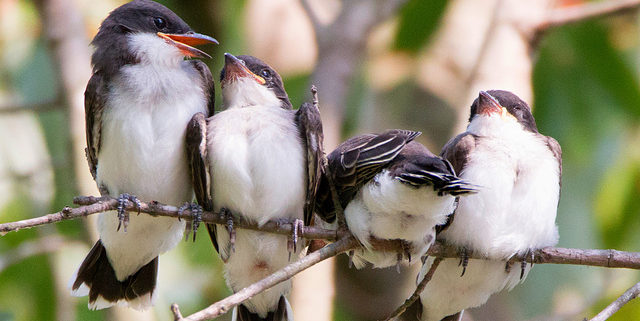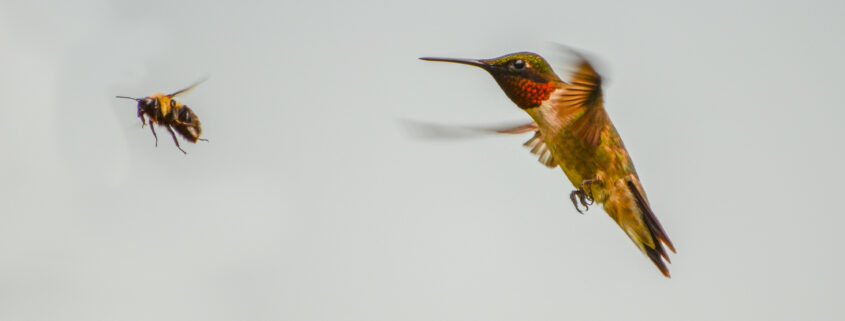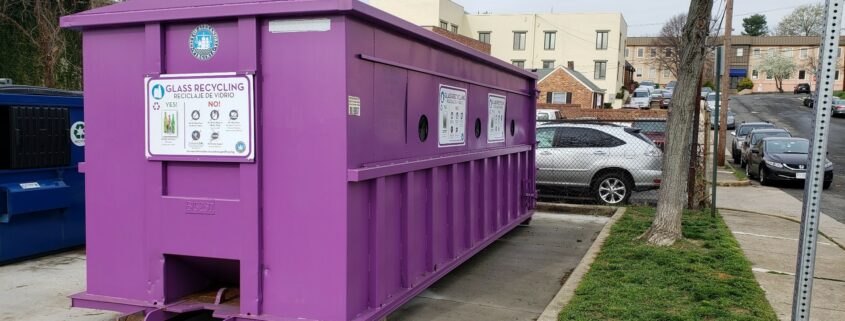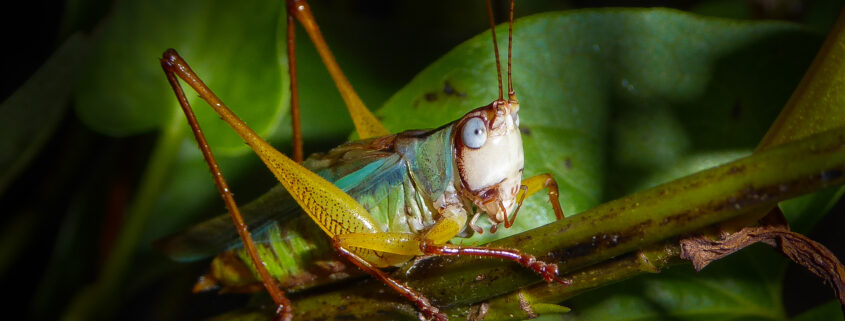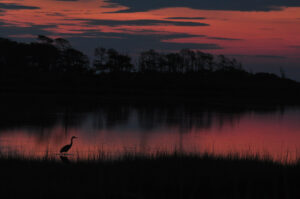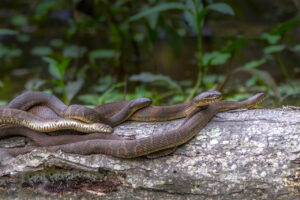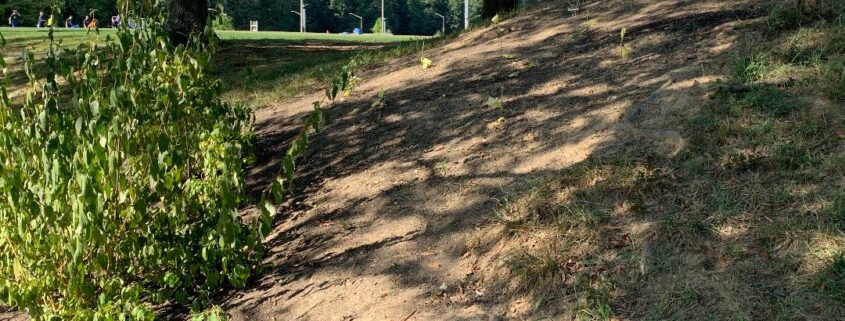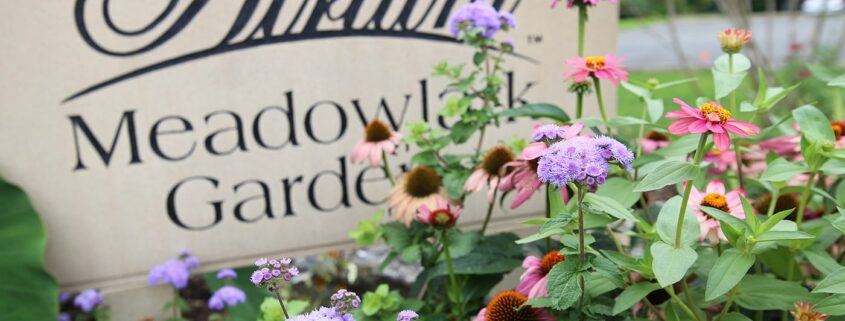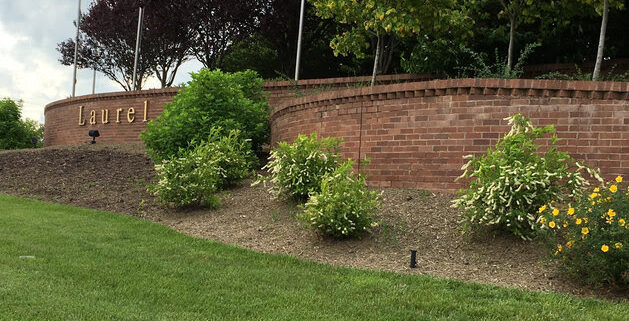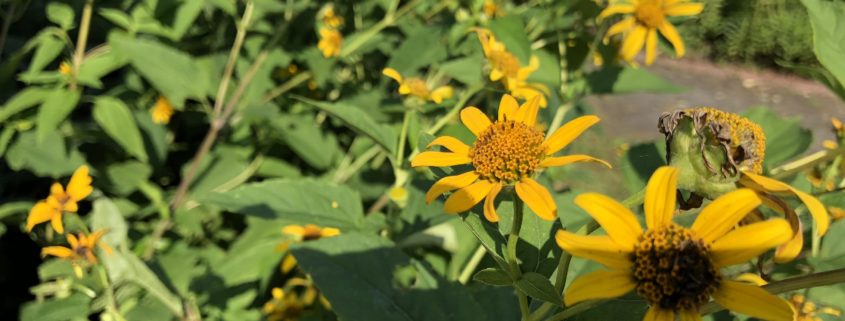Photo: Ana Ka’Ahanui
From President Joe Gorney to Chapter Members,
As a volunteer organization, our chapter succeeds based on the collective efforts of many people participating in an array of service activities. The same is true of the management of our chapter. At the end of this year, we will have a significant number of people rotating out of Board positions. Please consider serving on the board as an officer or committee chair, or as a member of a committee. Your perspectives and ideas are enormously valuable. Serving in one of these positions would take only a few hours each month but would be invaluable in helping our chapter to thrive. And all of these hours count toward your service hours! Please submit your expression of interest to Fairfax Chapter Virginia Master Naturalists. Don’t delay!
Listed below is a description of the respective officer and committee chair positions. And if you’re not ready to be an officer or committee chair but would still like to help, you can still be a part of a committee as a member. (We would especially like to have a diversity specialist under the Outreach Chair).
Secretary (officer)
Solicits board meeting agenda items; posts meeting agendas; takes and records meeting minutes; maintains chapter bylaws and handbook. Keeps us all accountable and working together!
Treasurer (officer)
Maintains the budget and accounting records; produces a monthly financial report; pays bills; collects dues; presents the financial records for audit; coordinates with committee chairs to produce the annual budget. Allows us to spend our money wisely to accomplish our mission!
Hospitality (committee chair)
Coordinates general member meetings and basic training graduation activities including logistics, activities, and refreshments; orders and manage sales and/or distribution of fundraising items and logo items if needed. A welcoming presence at our activities!
Outreach (committee chair)
Promotes the chapter and its mission through outreach activities; manages booth staffing for outreach events; opens the eyes of the community to our mission and our work; helps ensure a diverse membership; motivates others to become members. Keep our good works in the forefront!
Continuing Education (committee chair)
Identifies, solicits, and approves continuing education proposals based on the criteria provided by VMN; notifies members of approved opportunities; maintains a catalog/calendar of opportunities. Help us all to stay motivated and sharp!
Membership (committee chair)
Leads a small, dedicated, and experienced team; responsible for maintaining FMN and VMN membership directories; tracks and issues service awards and certifications; serves as member of Student Selection Committee. Help welcome new members and foster camaraderie among current members!
Service (committee chair)
Approves service project proposals using established criteria; notifies members of opportunities; maintains a diverse catalog of opportunities. Help us all to serve our community!
Communications (committee chair)
Maintains the chapter public website, newsletters, social media, and chapter email account. Leads three or four strategically-minded people who communicate effectively and enjoy keeping all of us in the know. Earn hours from the comfort of your home while connecting us all to the chapter!


